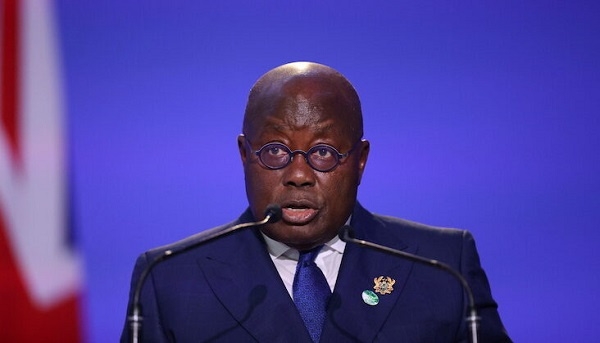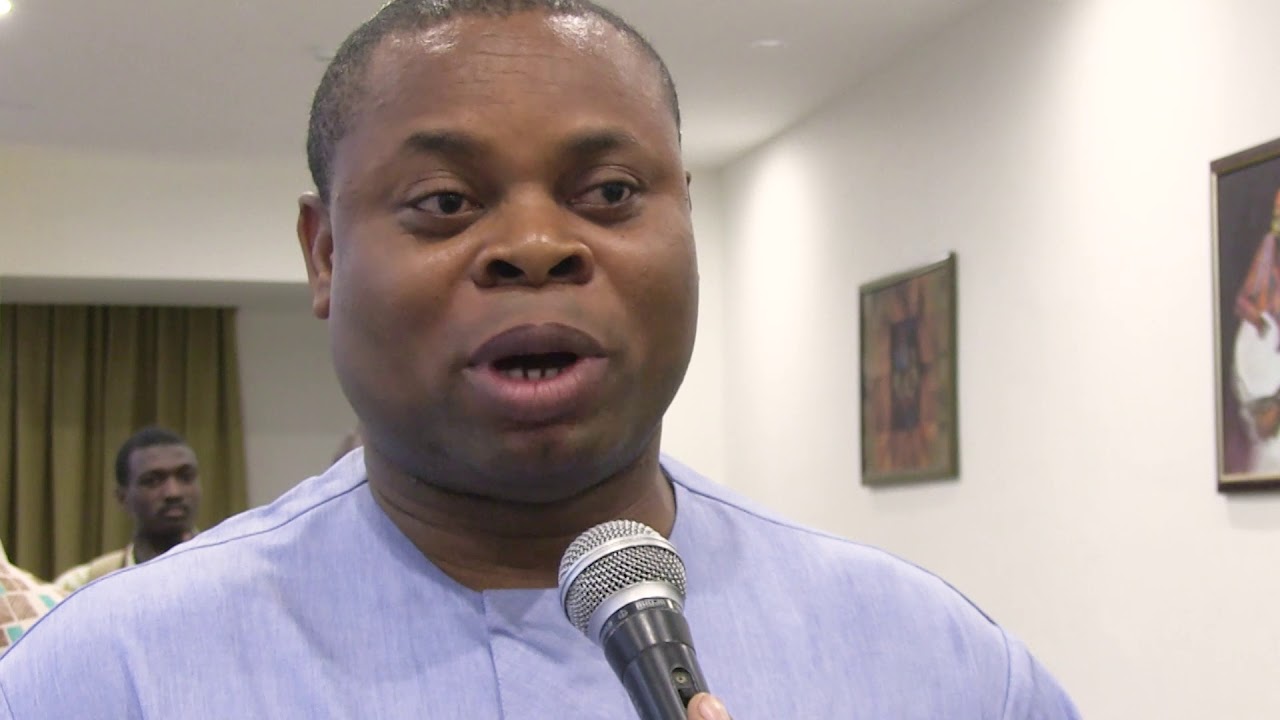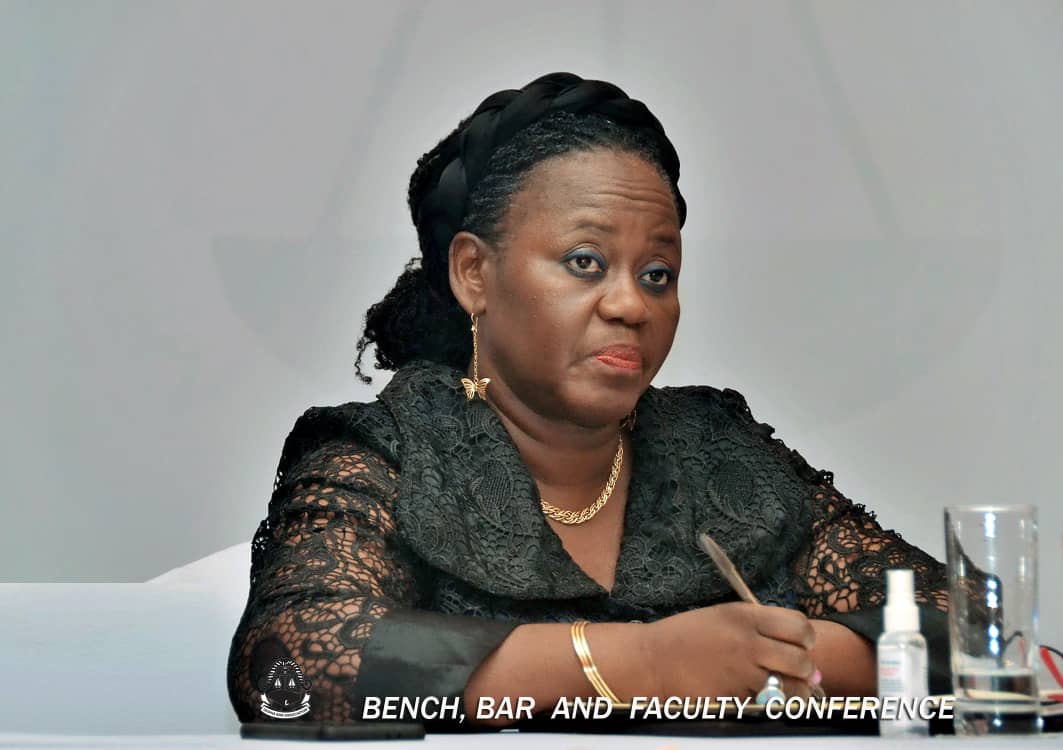
The criminal law doesn’t condone suspicion; you must prove beyond all reasonable doubts – Okudzeto on Cecilia Dapaah case

To be able to initiate a criminal prosecution against the former Minister of Sanitation and Water Resources over the large sum of money found in her home, the prosecutors will have to adduce evidence beyond all reasonable doubts that she engaged in wrongdoing, a member of the Council of State Same Okudzeto who is also a private legal practitioner has said.
In criminal law, there is no room for suspicion or hearsay, he said.
Speaking in an interview with TV3’s Beatrice Adu, Mr Sam Okudzeto , also a private legal practitioner said “If you come and you find money with me, do I owe you any duty to explain to you to whose money when nobody has complained that I have stolen his money?
“You Ghanaians are not honest people, the number of people, all these huge buildings that they are building, who has asked them where they got the money from, nobody does.
So you just pick on one individual and you want to make it as if she was just an extraordinary rogue who has stolen money when you don’t even have any evidence that she has stolen money.”
Asked whether circumstantial evidence can be used against the former Minister, he answered “Do the laws convict people on circumstantial evidence?
when you go to the criminal court you must establish the issues beyond all reasonable doubt, that is what the criminal law says.
The criminal law is not based upon suspicion or mere allegation.
“The law the way I understand it, is that when you go to court, you must ensure that you have evidence of wrong doing and you have to establish that in the court and the law says that it must be beyond reasonable doubt.
Mr Okudzeto further stated that persons must realize that all the state institutions involved in the handling of the case of the Cecilia Abena Dapaah – the Attroney-General’s Department, the Office of the Special Prosecutor and the Economic and Organised Crime Office (EOCO) have their powers and limitations.
In view, one could exercise ultra-vires by arrogating onto itself powers it does not have relative to the investigation on this matter.
His comments come after the Office of the Attorney General advised EOCO not to initiate any move to investigate money laundering into the dealings of Cecilia Dapaah.
Upon a request for advice by EOCO on the matter, the Attorney General’s office in a letter dated April 25, 2024 and copied to EOCO, said it found that the OSP did not submit the report on its collaborative investigation to EOCO.
Additionally, the office noted the OSP has not responded to EOCO’s request for its findings.
According to the Attorney General’s office, the docket presented to EOCO only contains the OSP’s letter transmitting the docket, the diary of action, statements taken during the investigation, and letters written by the OSP to other institutions like the Criminal Investigations Department (CID) and banks for inquiries.
Further analysis of the docket by the Attorney General’s office revealed that the OSP did not find any evidence of corruption or corruption-related offenses against Cecilia Dapaah.
The Attorney General’s office emphasised that the key to pursuing money laundering investigations is the capacity to prove that financial gains were obtained from criminal proceeds arising from unlawful activity.
“In the absence of the identification of any criminality associated with the properties retrieved from the suspects, the OSP’s referral to EOCO for investigations to be conducted into money laundering is without basis.”
The Attorney General also advised against EOCO investigating the source of Cecilia Dapaah’s funds on the basis that the CID had been tasked to take charge of that aspect of the case.
“Even though as part of your mandate you could commence investigations into the source(s) of the money found in the home of the suspects, we do not find this necessary since this Office before the reference by the OSP, had instructed the Police Service who are already seised with other aspects of the case to investigate the sources of the huge sums of money found in the homes of the suspects, a fact the OSP is aware of.
We find from the OSP’s docket, marked as B1″, a copy of the Attorney-General’s letter to the Director-General of the CID dated 31st July 2023.”
“In light of the above, the OSP docket on the subject matter is returned herewith.”
The Special Prosecutor’s Office had made the request to EOCO after determining that the case involving over 1 million dollars found in the former minister’s house, among other issues, did not fall under its mandate although it suspected possible money laundering.
When asked why the Attorney-General would advise EOCO not to act again on the case, Mr Sam Okudzeto said “If the institution that is supposed to do the thing that it has has power beyond the Attorney General then they should go ahead and do what they want to do.
I am not going to be a judge of what the Attorney-General does.
“I am a member of the Council of State and if there is a problem and someone complains to me, what we will do is that the Council will call the A-G and ask him for an explanation on the issue, it is not for me to be in the press trying to attack the A-G.”
He further criticized some lawyers for the kind of commentaries they made on the case of Cecilia Abena Dapaah.
In his view, some of the lawyers are running commentaries on the matter when they do not understand the issue properly.
When his attention was drawn to the fact that a lawyer has threatened to sue over the Cecilia Dapaah matter, “The law profession is full of so many people, there are hotheads who don’t even understand the law, they will not even take the trouble to discuss with their colleagues to find out what it is and then they jump and ask for publicity and you the press carry it, that is what the problem is.
“Haven’t you seen so many people running to the Supreme Court and being thrown out?
We set up chambers because we have different kinds of lawyers, so when an issue arises, they put it together, and they all discuss it.






